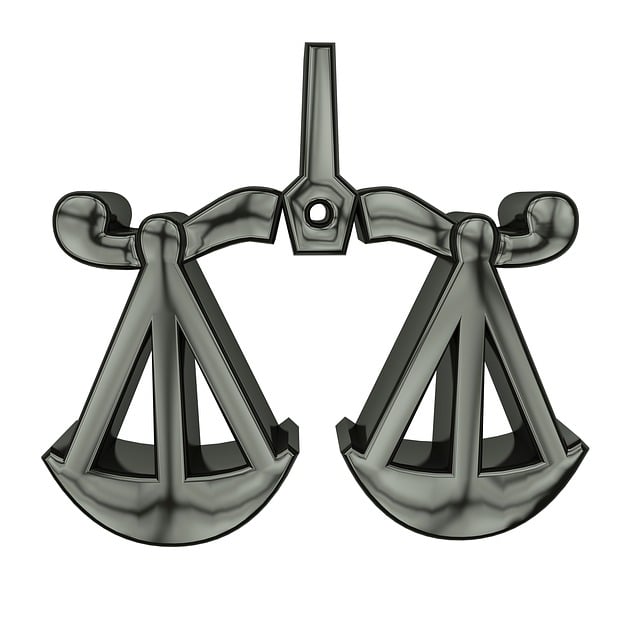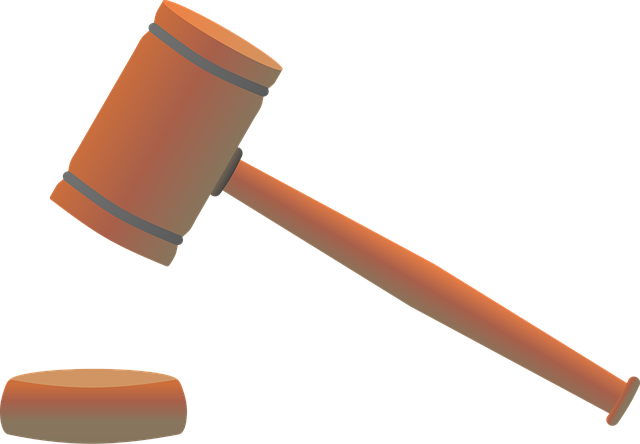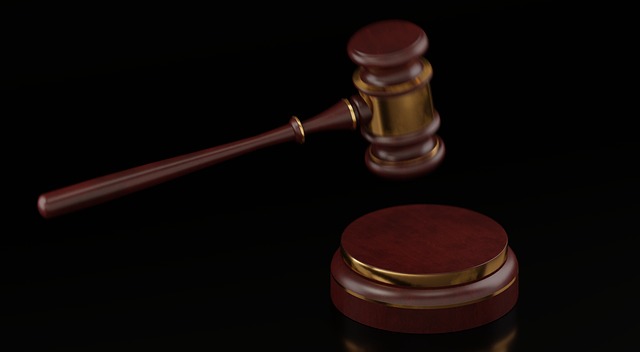Corporate crime investigations uncover and prosecute illegal activities within organizations, driven by insider tips and external reports. Law enforcement, supported by specialized units, uses evidence from wiretaps, searches, interviews, internal auditors, compliance officers, and legal teams. Unfair workplace practices, like wage theft and discrimination, are combated through strong legal frameworks, offering victims options like filing complaints with regulatory bodies or initiating civil lawsuits. Effective investigations lead to Legal Action for Unfair Workplace Practices, involving robust evidence gathering, strategic case building, and exploration of remedies ranging from damages to policy reforms, ensuring justice and maintaining public trust.
Corporate crime investigations are a critical aspect of ensuring ethical business practices. This article explores the intricate process behind uncovering and addressing illicit activities within organizations, focusing on key players involved and legal frameworks that protect workers from unfair practices. We delve into strategies for effective investigation and the pursuit of legal action for unfair workplace practices, offering insights for both professionals and individuals seeking justice. Understanding these mechanisms is essential for fostering a culture of accountability and integrity in the corporate sector.
- Understanding Corporate Crime Investigations: The Process and Key Players
- Legal Frameworks for Unfair Workplace Practices: Rights and Remedies
- Strategies for Effective Investigation and Pursuing Legal Action
Understanding Corporate Crime Investigations: The Process and Key Players

Corporate Crime Investigations are a complex process designed to uncover and prosecute illegal activities within organizations. The journey typically begins with the identification of suspicious behavior, driven by tips from insiders or external reports. Law enforcement agencies, such as the FBI or local police, play a pivotal role in initiating investigations, gathering evidence through wiretaps, searches, and interviews. They are supported by specialized units focusing on financial crimes, computer forensics, and witness protection.
Key players include corporate internal auditors who scrutinize financial records, compliance officers ensuring adherence to legal and ethical standards, and legal teams specializing in white-collar defense. When an investigation reveals misconduct, it may lead to legal action against individuals or the corporation itself for unfair workplace practices. This process impacts not only the offending entities but also affects philanthropic and political communities, as transparency and accountability are paramount in maintaining public trust.
Legal Frameworks for Unfair Workplace Practices: Rights and Remedies

Unfair workplace practices, ranging from wage theft to discrimination, are addressed through robust legal frameworks designed to protect employees’ rights. When corporate entities engage in such misconduct, victims have several avenues for legal action for unfair workplace practices. These include filing complaints with regulatory agencies like the Equal Employment Opportunity Commission (EEOC) or the Department of Labor, as well as pursuing private litigation through civil lawsuits under general criminal defense strategies.
The remedies available vary based on the nature and severity of the offense. Victims may seek damages for lost wages, emotional distress, and other related expenses. In high-stakes cases involving significant violations, individuals and groups can also push for systemic changes, such as policy reforms and improved corporate governance, to deter future misconduct by the offending corporation, catering to both corporate and individual clients seeking justice.
Strategies for Effective Investigation and Pursuing Legal Action

Effective corporate crime investigations require a strategic approach to uncover evidence and pursue legal action against perpetrators. One key strategy is to gather comprehensive documentation, including financial records, email communications, and witness statements, which can serve as robust proof in court. This process often involves meticulous data analysis and expert testimony from forensic accountants and IT specialists to interpret complex information.
Additionally, a well-planned investigation should consider the legal landscape surrounding unfair workplace practices. By understanding relevant laws and regulations, investigators can tailor their approach to ensure the strongest possible case for legal action. This may include seeking redress through civil litigation, aiming for a complete dismissal of all charges against innocent parties, or negotiating settlements that reflect fair compensation for victims. For his clients facing white-collar defense cases, a proactive and strategic investigation is paramount to achieving positive outcomes.
Corporate crime investigations are a complex yet essential process to ensure justice and accountability. By understanding the various aspects, from the investigation process and legal frameworks to effective strategies, we can better navigate and address unfair workplace practices. Empowering employees and strengthening legal remedies are key to deterring corporate misconduct and promoting ethical business behavior. This involves proactive measures and a comprehensive approach to protect rights, ultimately fostering a fairer and more transparent work environment through robust legal action for unfair workplace practices.






